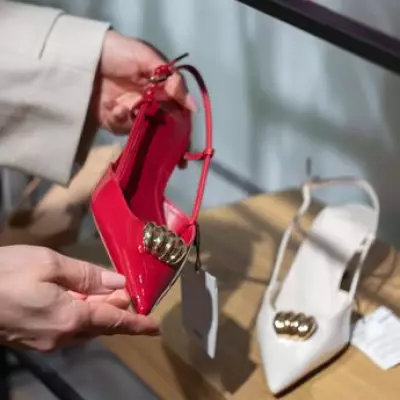
Lidl Ireland has found itself at the centre of a social media storm after launching a range of St Patrick's Day merchandise that customers have branded as racially insensitive and promoting harmful stereotypes.
The discount supermarket chain, which operates numerous stores across Dublin and throughout Ireland, quickly pulled the controversial items after facing widespread criticism online. The products in question featured caricatured depictions of Irish people with exaggerated red beards, along with phrases that many found offensive.
Social Media Backlash Forces Swift Action
Outraged shoppers took to various social media platforms to express their disappointment with the merchandise. Many described the items as "racist" and "deeply offensive," arguing they perpetuated outdated and damaging stereotypes about Irish people.
One Twitter user commented: "Absolutely shocking from Lidl Ireland. These stereotypes belong in the past, not on supermarket shelves in 2024." Another added: "This is not how we should be celebrating Irish culture and heritage."
Company Response and Damage Control
Lidl Ireland moved quickly to address the controversy, issuing a formal apology and removing all offending products from their stores. A company spokesperson stated: "We sincerely apologise for any offence caused by our St Patrick's Day merchandise. This was never our intention, and we have taken immediate action to remove these items from sale."
The retailer emphasised their commitment to celebrating Irish culture appropriately and acknowledged the valid concerns raised by customers. They confirmed that the products would not be returning to shelves and expressed gratitude to those who brought the issue to their attention.
Broader Implications for Retail Marketing
This incident highlights the increasing importance of cultural sensitivity in retail marketing, particularly around cultural celebrations and national holidays. As consumers become more aware of representation issues, companies face growing pressure to ensure their products don't perpetuate harmful stereotypes.
The swift response from Lidl Ireland demonstrates how quickly negative publicity can spread in the digital age and the importance of addressing customer concerns promptly. Other retailers will likely be watching this situation closely as they plan their own seasonal merchandise strategies.
As St Patrick's Day approaches, this serves as a reminder that cultural celebrations should focus on genuine appreciation rather than stereotypical representations that can cause offence and damage brand reputation.





